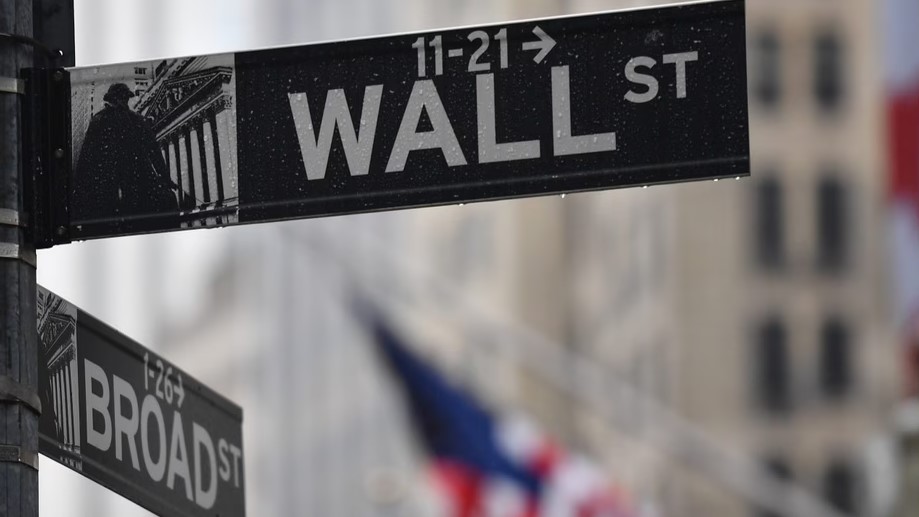Published by REALTOR.com | June 9, 2025
With stubbornly high mortgage rates, homeowners are now tapping into their home equity instead of refinancing— and Wall Street is noticing.
Mortgage rates remain stubbornly high, making homeownership a challenging path for many Americans. In fact, as of June 5, the 30-year mortgage rate stood at 6.85%, according to Freddie Mac; and experts anticipate that it won’t drastically lower for a while.
Like Realtor.com® economist Jiayi Xu notes, “the ongoing uncertainty around government trade, economic and fiscal policy have kept rates elevated.”
She adds: “Despite growing inventory and slower home sales, affordability remains a key challenge. More sellers are cutting prices, but high rates and elevated prices mean the income needed to buy a home is still well above pre-pandemic levels.”
In turn, many homeowners are opting to stay put rather than refinance or sell their homes, with many tapping into their home equity instead.
With that in mind, new data shows that Wall Street is taking notice, as home equity loans are being bundled into bonds and sold to investors.
Homeowners are turning to equity loans instead of new mortgages
Just a few years ago, it was very common for homeowners who wanted to convert some home equity into cash to simply replace their existing mortgage with a new, larger one through a cash-out refinancing —or a loan that replaces the owner’s first mortgage with a bigger one.
However, as Bloomberg reports, the trends has changed, with more owners turning to a home equity line of credit (HELOC) or a second mortgage instead.
HELOCs and home equity loans were traditionally seen as a “last resort” type of loan, as they are more high risk. However, they have been on the rise since 2024 because rates for these loans have dropped in comparison to mortgage rates, which have remained high, explains Steve Sexton, CEO of Sexton Advisory Group.
“For some people who are looking to do home renovations or repairs, a HELOC or home equity loan may provide more favorable interest rates than refinancing their mortgage,” he adds.
With a HELOC, your home is collateral for the loan, so a significant downside is you risk losing your home if you can’t make loan repayments—which is why advisors generally categorize HELOCs as a last resort.
Sexton notes that, similar to HELOCs, home equity loans also leverage the equity you’ve built up in your home as collateral. However, home equity loans provide a single, lump-sum payment and require you to repay this with a fixed interest rate over a specific period, he adds.
Wall Street is noticing and is bundling these loans into bonds, as there is an eye-popping $35 trillion of that equity to tap into, according to the Federal Reserver Bank of Saint Louis.
This is also known as securitization, a concept that is not new and, unfortunately, played a significant role in the 2008 housing crash and financial crisis.


